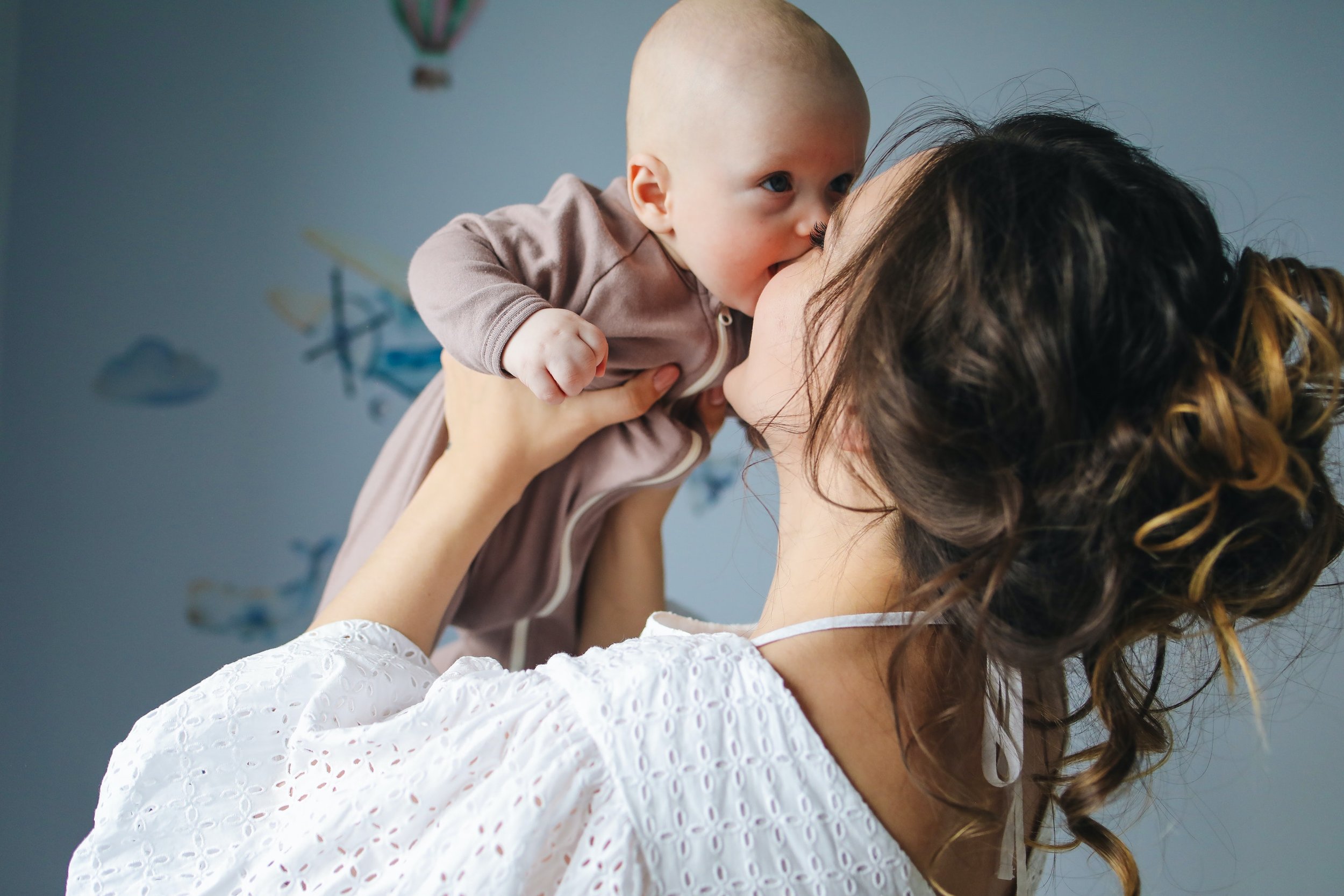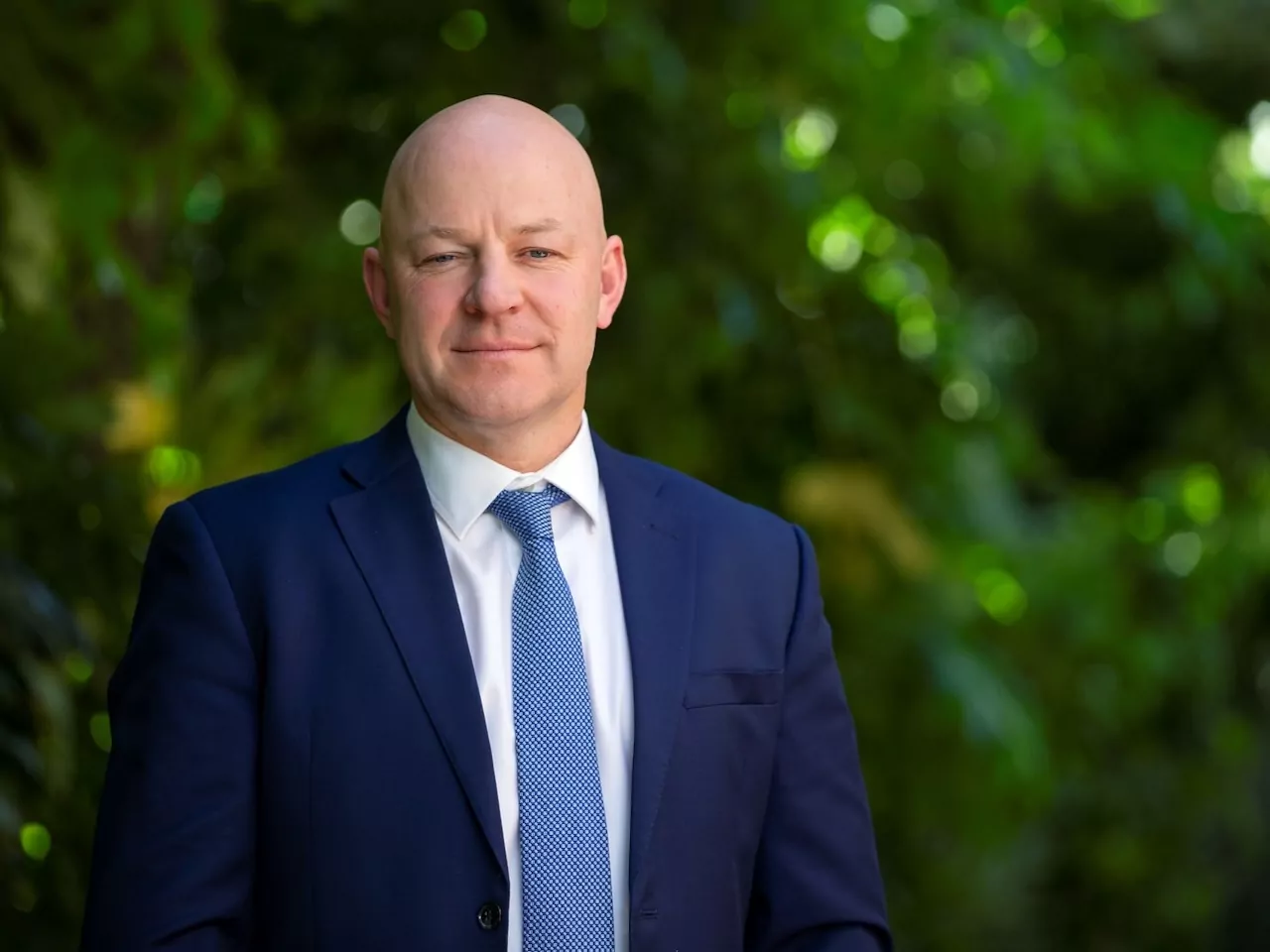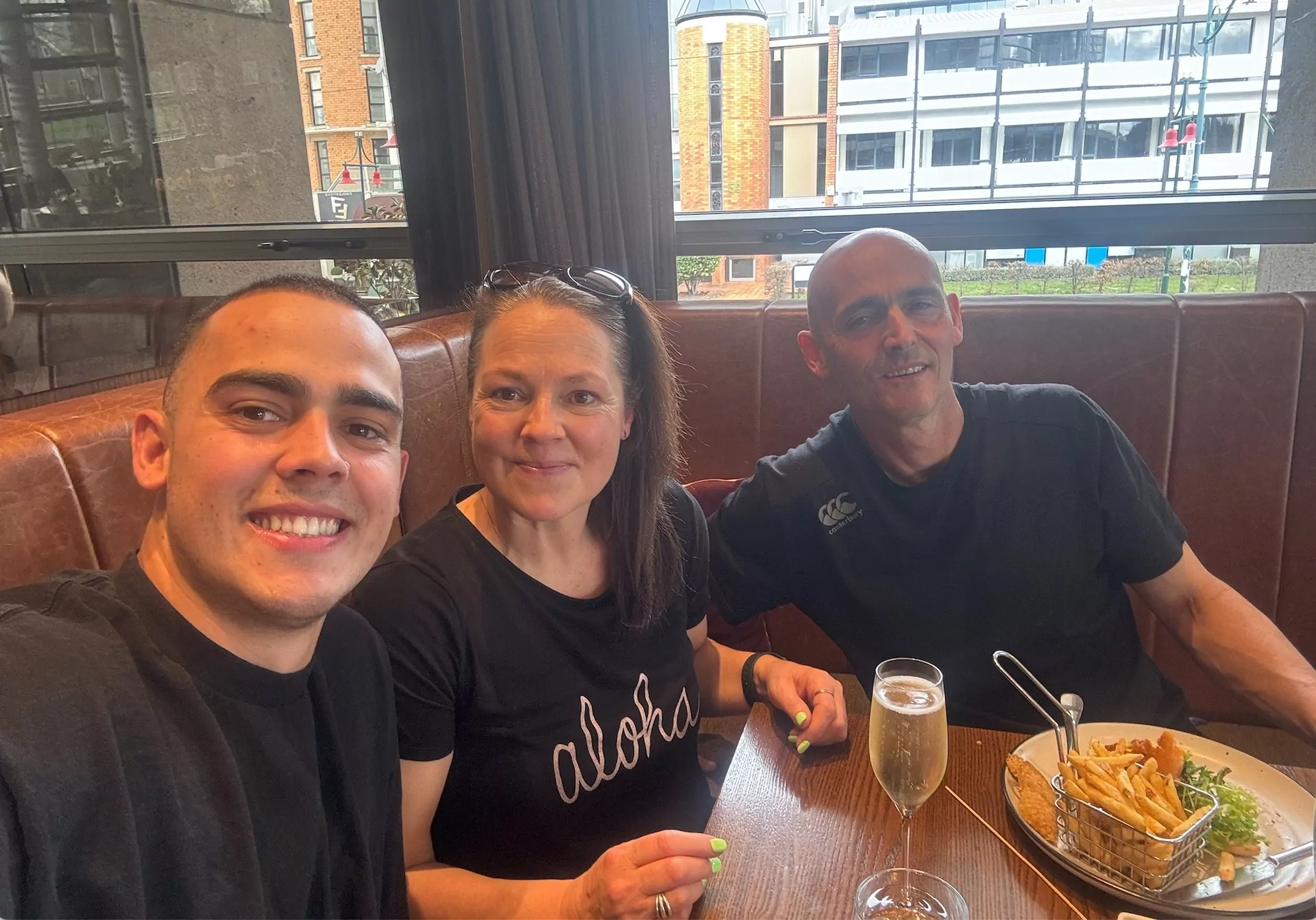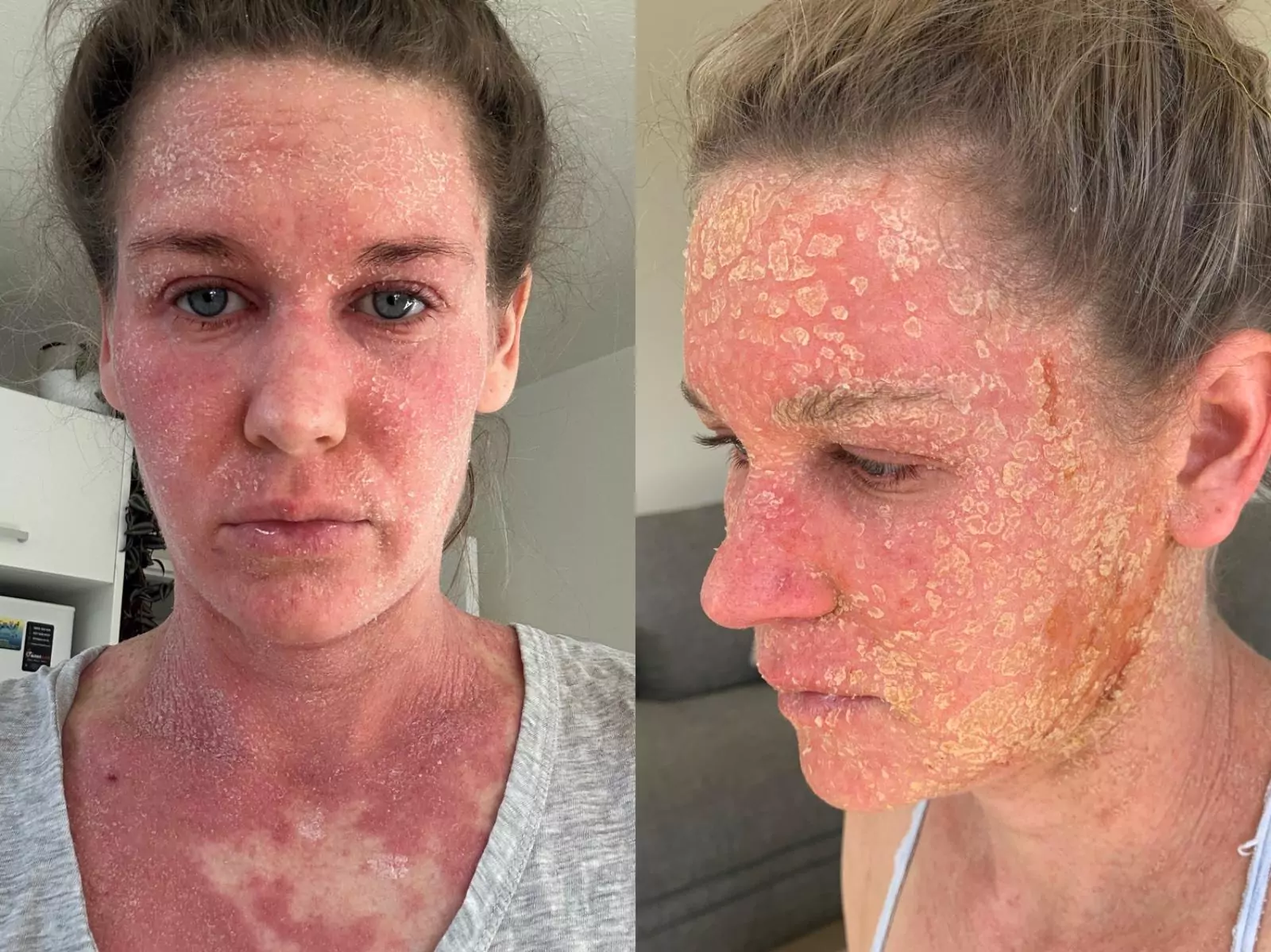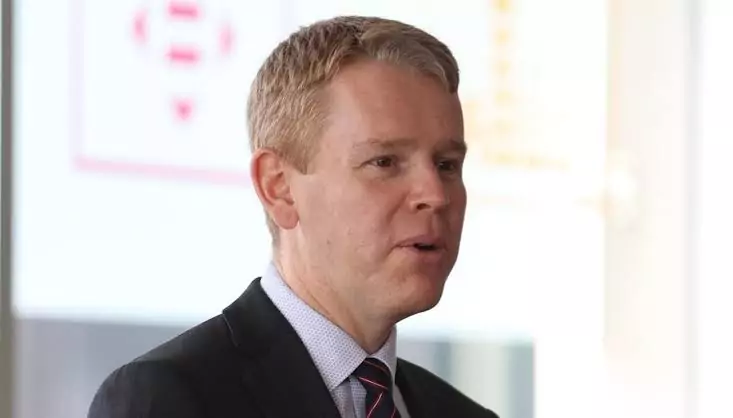The Midwifery Council of New Zealand has updated its guidance for midwives and has removed the words ‘mother’ and ‘woman’.
Health researcher and former midwife Dr Sarah Donovan said the move was likely to be out of step with public expectations in New Zealand about the profession of midwifery, including how it describes who it cares for.
The Midwifery Council is required by the Health Practitioners Competence Assurance Act to prescribe the scope of practice of a midwife. The Scope defines what it means to be a midwife in New Zealand.
Donovan said with midwifery arguably the most woman-centred and mother-centred of all health professions, clarification is needed on what evidence base and advice underpinned the Midwifery Council’s decision to remove these words entirely.
“The words ‘wahine’ and ‘māmā’, used almost universally in other maternity care material in New Zealand are also not used anywhere in the English language version of the document. The lack of these words seems conspicuous considering the inclusion of te reo in the English version for other terms.”
“For a lot of people, this will probably not make sense. Why erase these important words from midwifery in New Zealand? If this is about being inclusive, there is scope for terms to be used alongside each other. My understanding of what inclusive language in healthcare means is that it actually includes rather than excludes; it is additive of new terminology rather than removing widely-recognised and culturally cherished terms such as ‘mother’ and ‘māmā’
A reasonable question to ask would be – has the Midwifery Council actually sought the views of the population they serve, and of the wider NZ public on removing the words ‘mother’ and ‘woman’ from Midwifery care in NZ? Have they asked mothers-to-be as a group how they would wish to be described instead?” Donovan said.
In a report online, called Te Tiriti o Waitangi and Te Tatau o te Whare Kahu ki Hine Pae Ora – our journey; the Midwifery Council said “gendered language was a great challenge for Tangata Tiriti, and more specifically, English language speakers, because many words commonly used like he and she, are gender specific.
The council said it spent a lot of time deliberating the use of “whānau” instead of “woman.”
“Tangata Whenua came to a very quick decision on their view that whānau is a much more appropriate word to use instead of woman, which is philosophically consistent with mātauranga paradigms of holism in social structures.
Tangata Tiriti deliberated for a longer period of time. The implication of using gendered English words, came up again. Tangata whenua offered and were asked to explain the reasons for their view.
The actual decision to include the word whānau and remove the word woman, occurred over at least four separate meetings. This process required using the three whare model over and over, especially for Tangata Tiriti, as they moved to new positions and new understandings of words, concepts and what is required of them as Tiriti partners.”
